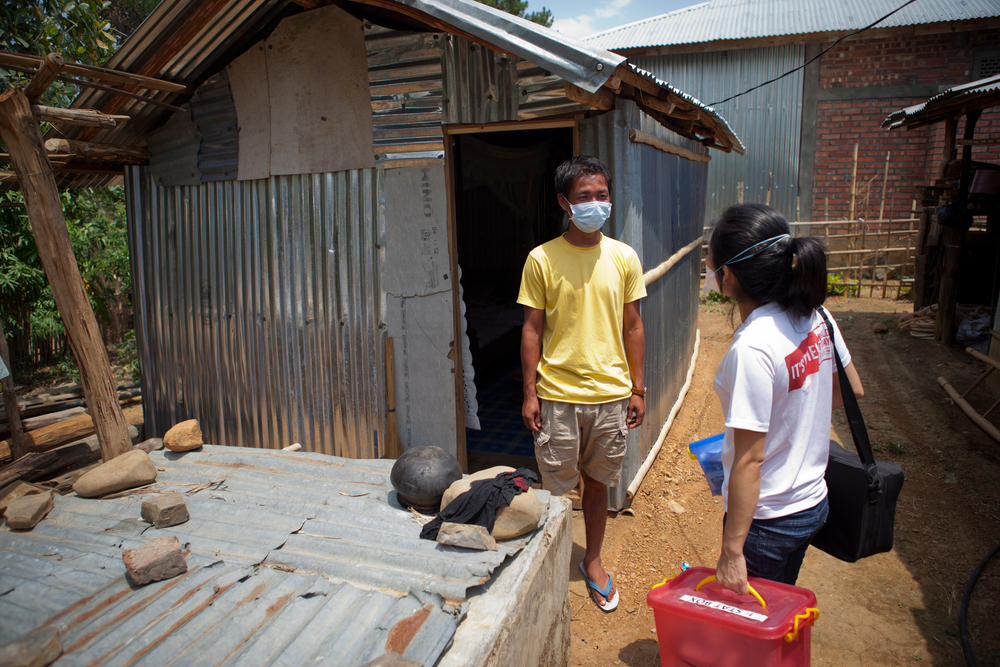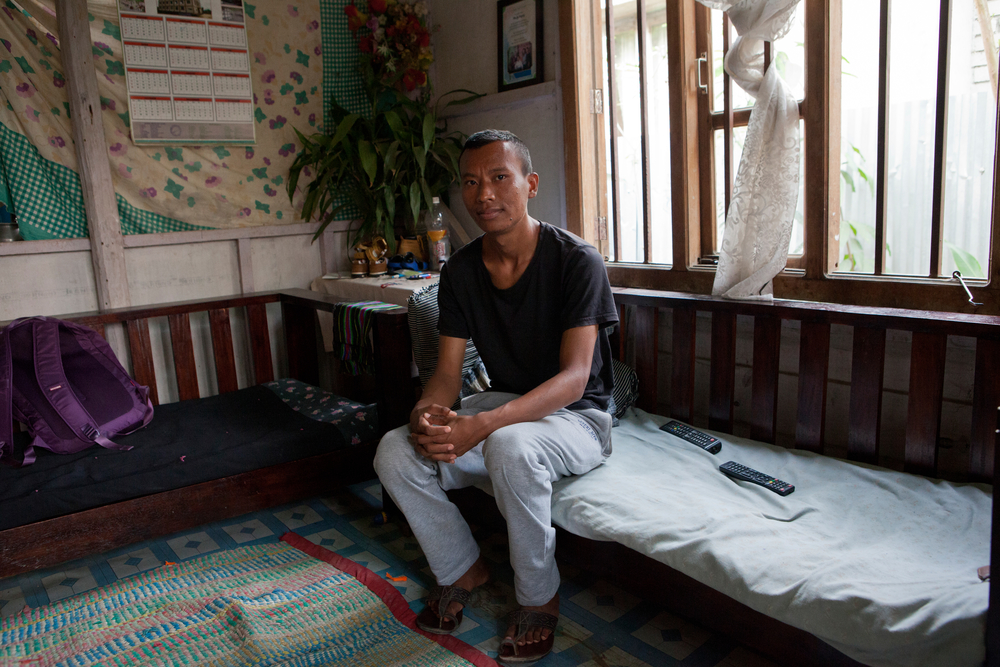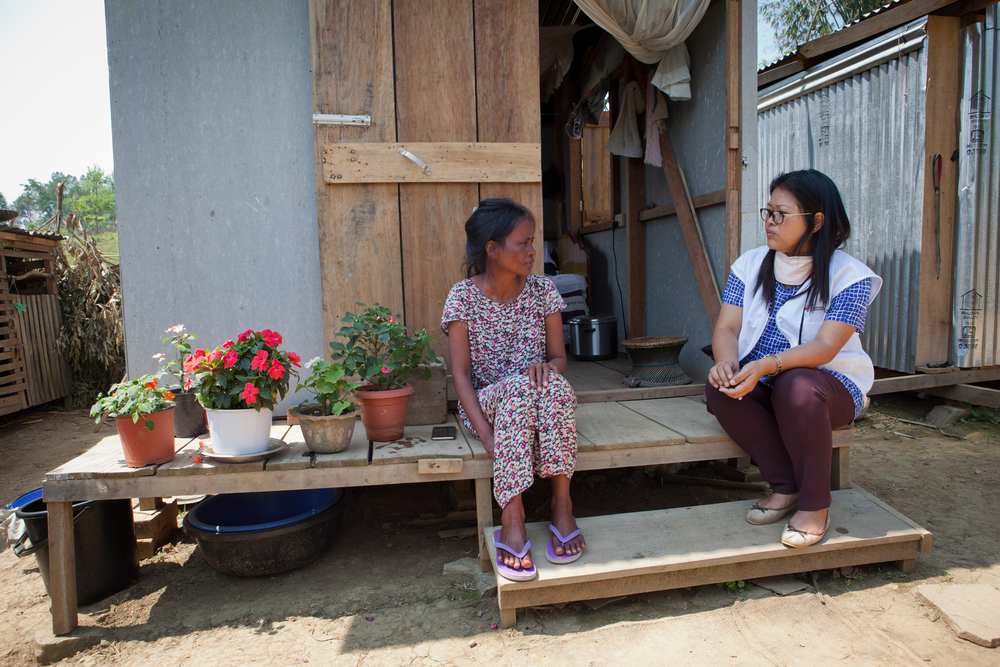Manipur has a high prevalence of HIV, TB (both drug-sensitive and drug-resistant TB) and hepatitis C. Due to lack of resources, there is also a high incidence of co infection in the state. In cases of co-infection, each disease speeds up the progress of the other, making the patient more vulnerable and the treatment more difficult. A holistic, patient-centric approach can have positive outcomes.


MSF has built nine such houses in 2018– 2019. MSF also sends a nurse to the patient’s house every day to carry out tests and ensure they are sticking to their treatment, which involves a challenging cocktail of drugs over roughly two years. Since DR-TB medication causes significant side effects, making it difficult for patients to complete treatment, MSF also provides counselling to encourage better outcomes.

MSF continued to support the district hospital in Churachandpur by treating the HIV cohort for hepatitis C. Treatment of hepatitis C, including counselling, was started in July 2017, and was scaled up in 2018. A new collaboration with district hospital in Churachandpur started in 2019 providing medical technical assistance and support to the hospital IPD and the hospital art centre. A new MSF clinic facility was also finalized in Chakpikarong by start of 2019 and a bigger health promotion team was scaled up in Moreh and Churachandpur, Chakpikarong. During the same year a study assessment was also conducted by MSF to implement and open by 2020 in Moreh a One Stop Care Centre (OSCC), in support and cooperation of the existing (OST) program at Paicham Primary Health Care (PHC) in Moreh.
MSF started providing specialised care for HIV and TB in Manipur in 2005 and 2007, respectively. At its three clinics in Chakpikarong, Churachandpur and Moreh, MSF provides screening, diagnosis and treatment for HIV, TB, Hepatitis C and co-infections. MSF, which is the only international NGO in Manipur, has put a patient-focused model of care at the heart of its operations in order to improve outcomes and minimise the spread of the diseases.












